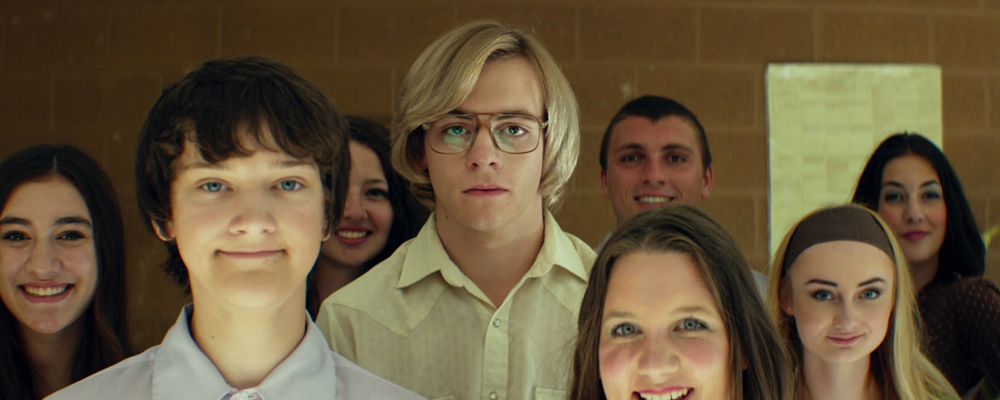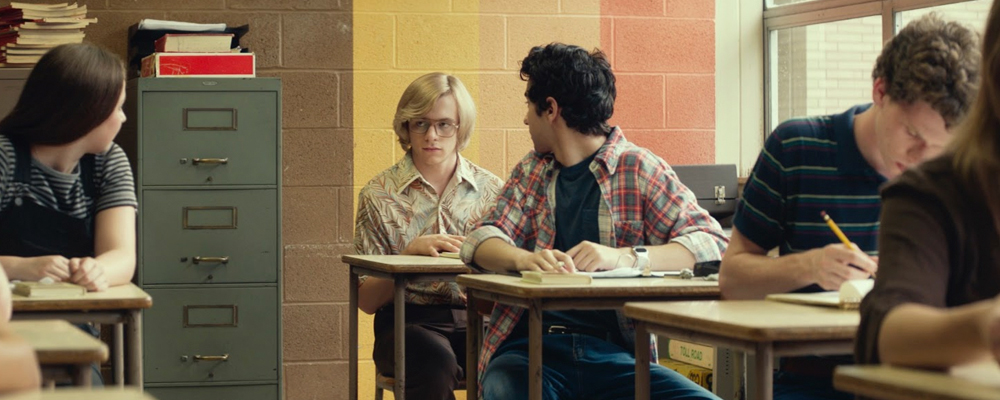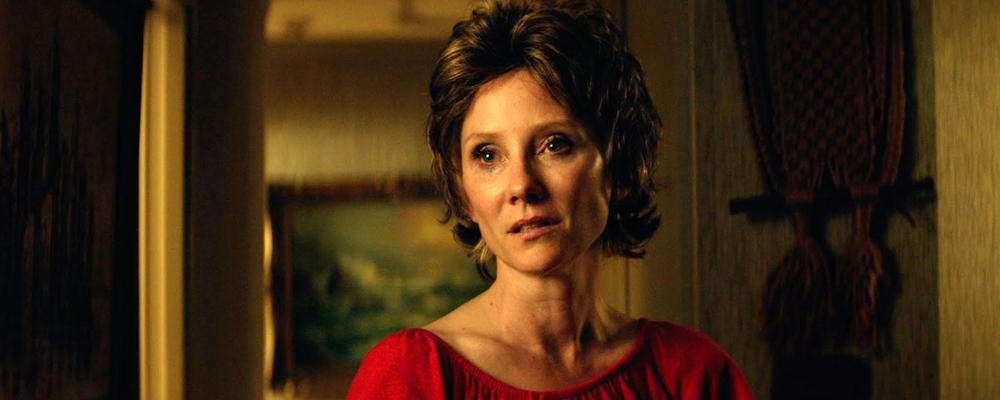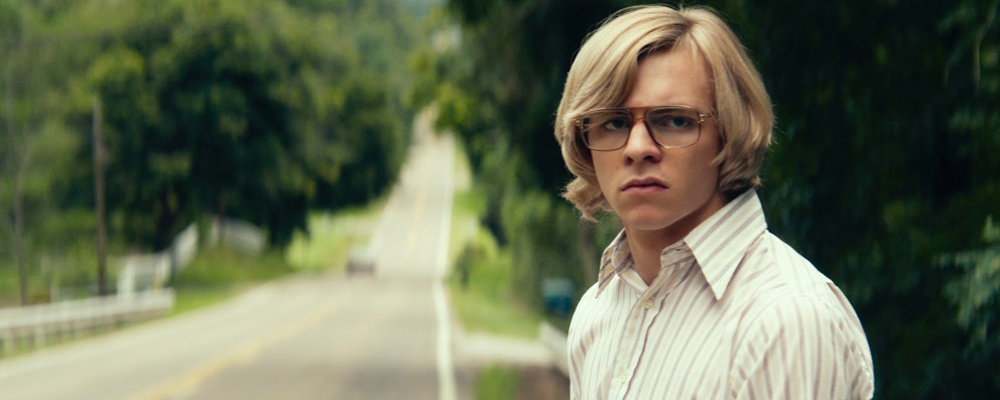‘My Friend Dahmer’ Is a Tepid Exploration of the Killer’s High School Years
Alci Rengifo
All lives have prologues, especially those that develop into horrifying nightmares. “My Friend Dahmer” is an attempt at dramatizing the teen years of notorious serial killer Jeffrey Dahmer, known in the 1990s as “The Milwaukee Cannibal.” This is a disappointingly tepid adaptation of the award-winning, and utterly haunting, graphic novel of the same name by Derf Backderf. Backderf knew Dahmer in high school and his book was a both a recollection and pained meditation on how those memories now play in hindsight, after Dahmer was arrested for brutally killing 17 men. This film version adapted by Marc Meyers lacks insight into its characters and chugs along as a rather stale little drama without a proper tone. It doesn’t know if it wants to be comic bookish or serious, scary or sad. Because Meyers decides to cut out any overall context, which in the book comes in the form of a powerful narration by Backderf. Instead we are presented what amounts to a series of stale sketches of a story.
Ross Lynch plays Dahmer as an introvert with a strange, hunched walk who wanders the halls of his high school in 1970s Ohio. It’s a typically harsh terrain where students form their own cliques and have little pity for the quirky. Bored in band class and disconnected socially, Dahmer spends his time picking up road kill and dissolving it in acid in order to collect the bones. His household is a mess as a mentally-unstable mother named Joyce (Anne Heche) dives into paranoia while his chemist father Lionel (Dallas Roberts) grows more distant. At school Dahmer suddenly comes up with a spontaneous gag where he pretends to be mentally handicapped in the hallways, this makes him popular with a small group of misfits led by aspiring cartoonist Derf (Alex Wolff). The group forms its own “Dahmer fan club” and eggs him on to become more outrageous in public, momentarily giving him a sense of belonging but unaware of dark impulses growing inside his psyche.
The key flaw in “My Friend Dahmer” is that it flaunts the fact that it already knows what Jeffrey Dahmer will become after high school. Meyers has the material here to craft a fascinating story of how those crucial years of adolescence and high school can set many of the courses we later take in life. Instead he makes what amounts to a small sort of geek show. Meyer focuses too much on attempting a literal translation of a graphic novel, as opposed to adapting its story for cinema. For example some of the performances border on being whacky, such as Anne Heche’s unstable mom. She exaggerates the role and becomes a cartoon. The persona works in a comic panel, where exaggeration enhances the effect, but in film with live actors it looks hokey, especially within what should be a serious story.
Lynch’s Dahmer is slightly more interesting. He has the look of the real life killer, for sure, but plays the role too much as a monster in waiting. He stares, stumbles and looks at his road kill in the darkness of a shack. The best moments are where a glint of humanity almost breaks through, as he when he asks a girl out to the prom. But there isn’t the kind of psychological depth or approach to the character someone like Spike Lee or even David Lynch would bring. It’s as if the film just wants us to observe a weirdo, as opposed to learning about the private and social forces that led Dahmer to commit his later horrors. If a director wishes to take the detached approach, and view it all from a distance, then a better approach is Gus Van Sant’s “Elephant,” where like anthropologists we wander the entire breadth of a modern American high school as two shooters prepare their attack.
Meyer simply follows Dahmer around and says nothing about him. Much is made of his repressed homosexuality, but it’s treated so clumsily and crudely that it’s almost offensive to the topic. Dahmer hides behind a bush, staring at a jogger, he stares at the black football player he needs to room with during a field trip and gets aroused during a physical at the doctor’s. But there’s never a sense of the awkward, tortured sexual tension this man must have felt. The approach instead feels like a bad TV movie (from the days when TV was still below cinema in quality). Visually the film is stale, as plain and unimaginative as the narrative. Even the title itself is off because we never truly observe Dahmer from his friends’ point of view. We never even learn much about them and Derf becomes a wooden side character, a mere plot device without insights. In the original book his narration drives the story along, putting it all into tragic context (one of the book’s most haunting panels comments on how terrible Dahmer’s nights must have been while he was left alone with his private thoughts and torments). Compare this film to Netflix’s recent “Mindhunter,” where a baroque visual sense combines with well-sketched characters tragic in their pathetic humaneness.
“My Friend Dahmer” thinks it’s disturbing, but mistakes weird looks for psychological tension. Although this is a film review, I will end by offering a full recommendation for the book.
“My Friend Dahmer” opens Nov. 3 in select theaters.




